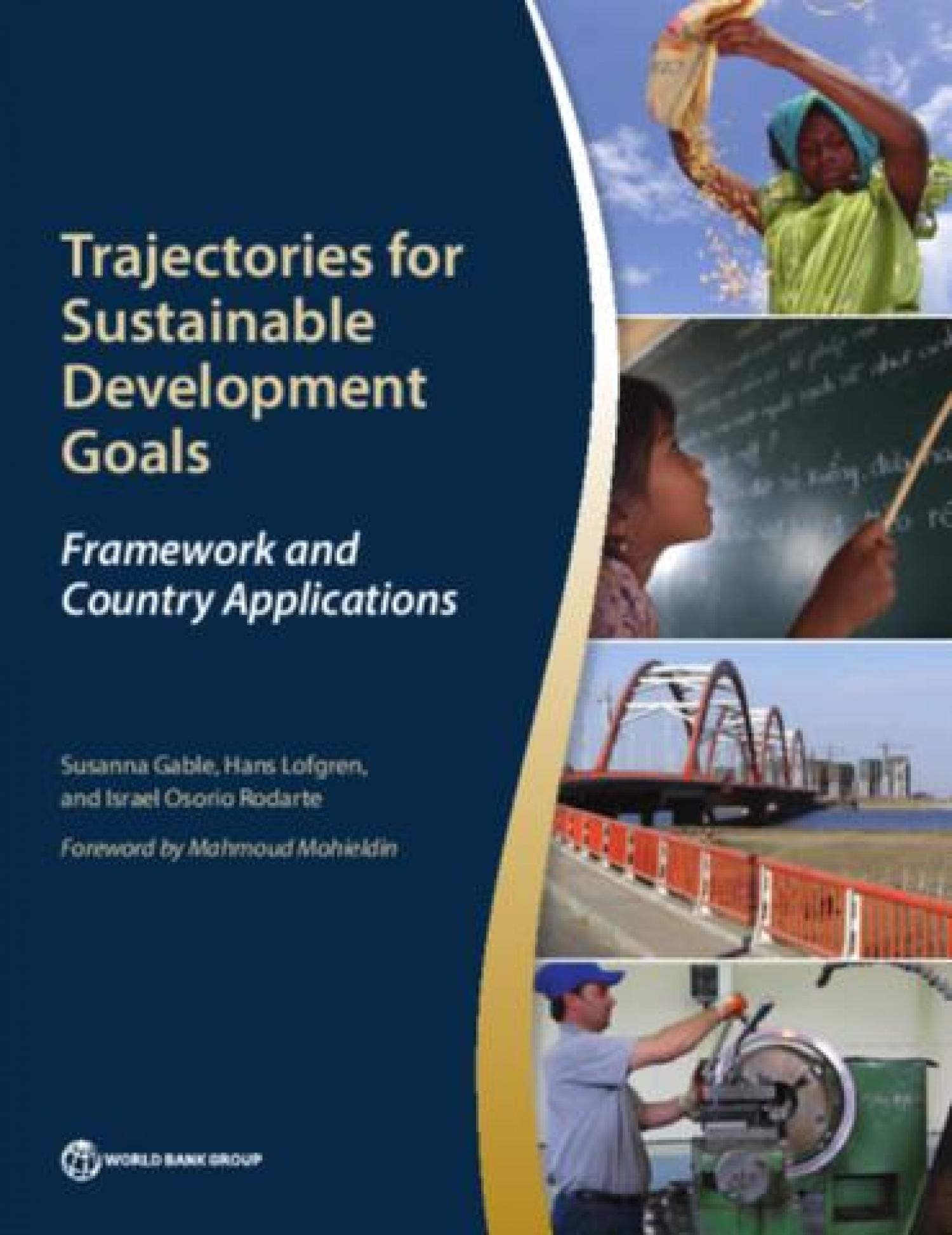
This book presents the country development diagnostics post-2015 framework, developed by the World Bank Group to assess the country-level implications of the post-2015 global agenda, as well as brief, ‘at-a-glance’ applications of the framework to ten countries: Ethiopia, Jamaica, the Kyrgyz Republic, Liberia, Nigeria, Pakistan, Peru, the Philippines, Senegal, and Uganda. The country briefs also illustrate differences in SDG progress via provision of more and higher-quality public services. For example, given current levels of taxes and other revenue sources, some countries may find it difficult to raise resources for SDG-targeted policies without the additional government resources that growth acceleration would make available. In addition, for most SDGs, accelerated inclusive growth will also promote the SDGs by improving the living conditions of disadvantaged groups and others. In contrast, other countries may find it very difficult to foster growth beyond what is already projected; however, it may be easier to increase resources through other means, such as higher taxes or improvements in government efficiency. Each country brief provides a starting point for an in-depth analysis of the SDG agenda that could draw more fully on the framework and cover additional indicators. In general, the framework and available cross-country data offer analysts in developing countries and the broader international community a useful starting point for analyses that translate the global ambitions of the agenda into country-specific targets and policies that help accelerating progress. In outline, the contents of this book are organized as follows: chapter one presents the country development diagnostics post-2015 framework in detail, including examples from Uganda. Chapters two-eleven present the ten country briefs, country by country.
